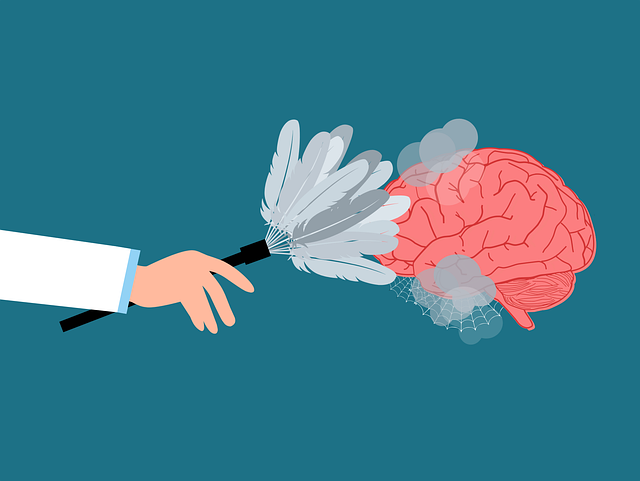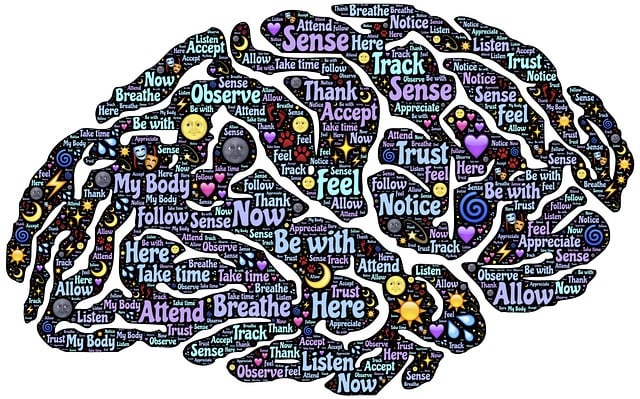Mental health policies are vital for providing accessible, effective therapy for therapists-clinicians and their clients, shaping access to resources, funding treatments, and reducing stigma. These policies prevent burnout among therapists by promoting diverse treatment approaches, fair compensation, and accessibility. Societies integrating stigma reduction into policy design foster an inclusive healthcare landscape, enhancing therapy outcomes. Global initiatives aim to improve therapy for therapists-clinicians, reduce mental illness stigma, and promote well-being through evidence-based practices, early intervention, and crisis management.
Mental health policies are pivotal in shaping access to quality care, affecting millions worldwide. This article delves into the intricate world of mental health policy analysis and advocacy—essential components in ensuring therapeutic services for therapists and clinicians. We explore global mental health policies, the transformative power of advocacy, and strategic approaches to policy change. Through case studies and real-world examples, we illuminate how these efforts improve access to therapy, ultimately fostering healthier societies.
- Understanding Mental Health Policy and Its Impact
- – Definition of mental health policy
- – Significance in ensuring access to quality care
- – Overview of current global mental health policies
Understanding Mental Health Policy and Its Impact

Mental health policy forms the framework that guides and supports the provision of therapy for therapists-clinicians and their clients. It dictates access to resources, funding for treatments, and the overall approach to addressing mental illness within a society. Effective policies not only ensure that professionals have the tools and training they need but also encourage emotional healing processes through reduced stigma. This, in turn, fosters an environment where individuals are more likely to seek therapy without fear of judgment or discrimination.
Understanding the interplay between mental health policy and its impact on practice is vital for burnout prevention among therapists-clinicians. Policies that promote accessibility, diversity in treatment approaches, and adequate compensation can significantly mitigate the risk of professional exhaustion. By integrating mental illness stigma reduction efforts into policy design, societies can create a more inclusive healthcare landscape where emotional well-being is prioritized, fostering better outcomes for those seeking therapy.
– Definition of mental health policy

Mental health policy refers to the guidelines, rules, and decisions made by governments and other authoritative bodies to ensure access to quality mental health care services for their citizens. It encompasses a range of initiatives aimed at promoting mental well-being, preventing mental disorders, providing appropriate therapy for therapists-clinicians, and ensuring effective treatment and support for individuals facing mental health challenges. These policies are crucial in shaping the healthcare system, influencing how mental health services are delivered, funded, and regulated.
Effective mental health policy involves addressing various aspects of care, including early intervention, crisis management, stress management, mood management, and cultural competency training for healthcare providers. By integrating these components, policies strive to create a comprehensive framework that not only treats symptoms but also fosters resilience, promotes recovery, and supports the overall well-being of individuals within diverse communities.
– Significance in ensuring access to quality care

Access to quality mental health care is a cornerstone of overall well-being and societal progress. It empowers individuals to cultivate self-esteem improvement and inner strength development, enabling them to lead fulfilling lives. Policy advocacy plays a pivotal role in ensuring that therapy for therapists-clinicians is both readily available and affordable, removing barriers that often prevent those in need from seeking the support they deserve. By addressing mental illness stigma reduction efforts, these policies foster an environment where individuals feel safe to pursue therapy without fear of judgment or discrimination. This, in turn, encourages more open conversations about mental health, leading to better-informed decisions at both individual and community levels.
– Overview of current global mental health policies

The current global mental health policies landscape is a complex web of initiatives aimed at addressing the growing recognition of mental illness as a significant public health concern. Many countries have been proactive in implementing strategies to improve access to therapy for therapists-clinicians and promote mental wellness, with an emphasis on crisis intervention guidance and resilience building. These efforts are crucial in reducing the stigma associated with mental illness, a barrier that often prevents individuals from seeking help.
Policy makers are increasingly focusing on integrating evidence-based practices into healthcare systems, ensuring continuity of care, and promoting early intervention. The ultimate goal is to foster environments that support mental health and well-being, with a specific focus on providing therapists-clinicians with the necessary tools and resources for effective treatment. This shift towards holistic mental health policies underscores the global commitment to addressing the challenges posed by mental illness.
Mental health policy analysis and advocacy are vital components in shaping accessible and effective therapy for therapists and clinicians worldwide. By understanding the impact of these policies, we can navigate the global landscape of mental health care, identify gaps, and push for evidence-based practices that improve patient outcomes. Through continuous evaluation and engagement in policy discussions, professionals in the field can ensure that mental health services are inclusive, affordable, and tailored to meet diverse needs, ultimately fostering better mental well-being on a global scale. This is especially crucial as we delve into new therapeutic approaches, such as those tailored for therapists themselves, to enhance their practice and, by extension, the care they provide.











